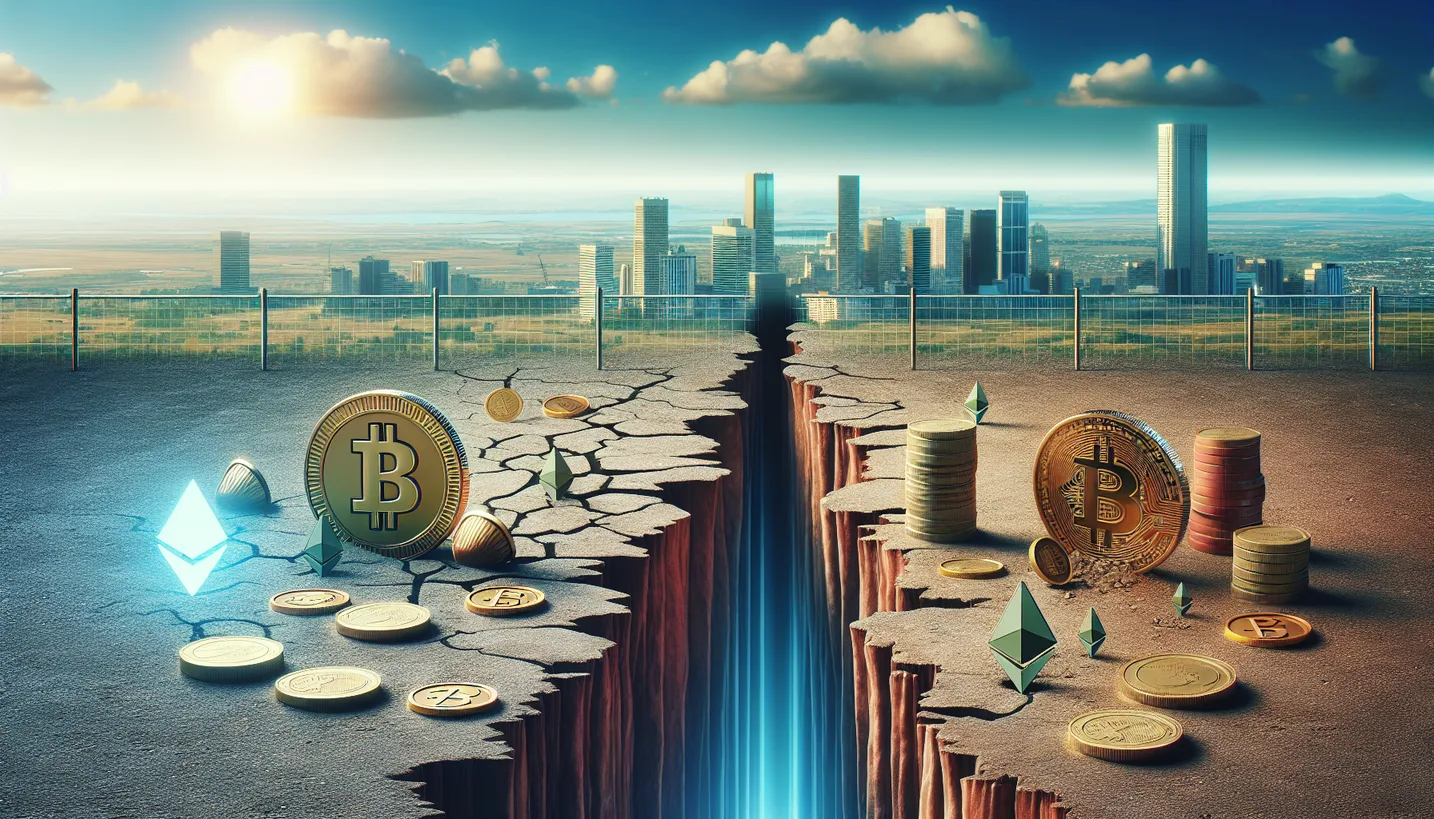Despite its positive attributes, the decentralization paradox of Web3 is actually hindering innovation in venture capital. Without this central hub, innovative innovators from underrepresented regions are left without access to the necessary resources and connections to succeed in their projects, which could be detrimental to Internet economic growth. This decentralized aspect was intended to level …
Web3’s Decentralization Paradox: Unleashing Innovation Beyond Venture Capital

Despite its positive attributes, the decentralization paradox of Web3 is actually hindering innovation in venture capital. Without this central hub, innovative innovators from underrepresented regions are left without access to the necessary resources and connections to succeed in their projects, which could be detrimental to Internet economic growth. This decentralized aspect was intended to level the playing field, providing innovators from anywhere access to participate. However, the lack of a central venture capital center is having an impact on innovation in other areas.
Blockchain technology is being used by entrepreneur founders in places like Ghana, Argentina, and Vietnam due to limited access or lack thereof. The process of locating and connecting with potential investors and partners through online communities and forums is often time-consuming and unreliable for innovators. Without a central hub for venture capital, it becomes difficult for them to navigate complexities related to finding funding and guidance.
Building innovation hubs requires more than just venture investment; venture support is also crucial in identifying and financing the most successful companies. Due to the lack of a central hub for venture capital in Web3, innovative and progressful projects are being neglected and underfunded, but there is hope. Cities like New York, Lisbon, Dubai, Singapore, and Buenos Aires are becoming innovation hubs that attract entrepreneurs and investors from around the globe.
These cities are generating a new generation of innovation hubs that are more inclusive and diverse than their Web2 predecessors. Additionally, online and offline initiatives are expanding to recruit builders around the world. Events like ETH Accra and TH Vietnam are drawing together innovators and investors from various countries, offering reconnection opportunities. Pop-up cities and network states are being created to provide a temporary or permanent space for entrepreneurs to come together and work on projects.
Developer DAO and BuidlGuide are among the initiatives that aim to educate and onboard more builders into Web3, providing them with the necessary skills and resources to succeed. These initiatives are essential in bridging the gap between Web3’s decentralized nature and the need for central hubs of innovation.
As the Web3.info ecosystem evolves, we must prioritize creating an innovation ecosystem that is more diverse and accessible to everyone. Creating opportunities for entrepreneurs from underrepresented regions to access resources, networks, and venture capital is key. Decentralization can be advantageous for creating a more inclusive and vibrant innovation ecosystem that benefits everyone.
By supporting initiatives that onboard builders globally and creating new hubs of innovation, we can unlock the potential of Web3 and create an optimistic future for all participants. For more insights on the future of Web3 and its potential impact on the economy, check out this article on CoinSeeks.com, which provides valuable information on the topic.
By prioritizing the creation of a more inclusive innovation ecosystem, we can ensure that Web3’s decentralized nature becomes a strength rather than a weakness. Only by working together can we unlock the full potential of Web3 and create a brighter future for all.
Subscribe to Our Newsletter
Keep in touch with our news & offers
Thank you for subscribing to the newsletter.
Oops. Something went wrong. Please try again later.











